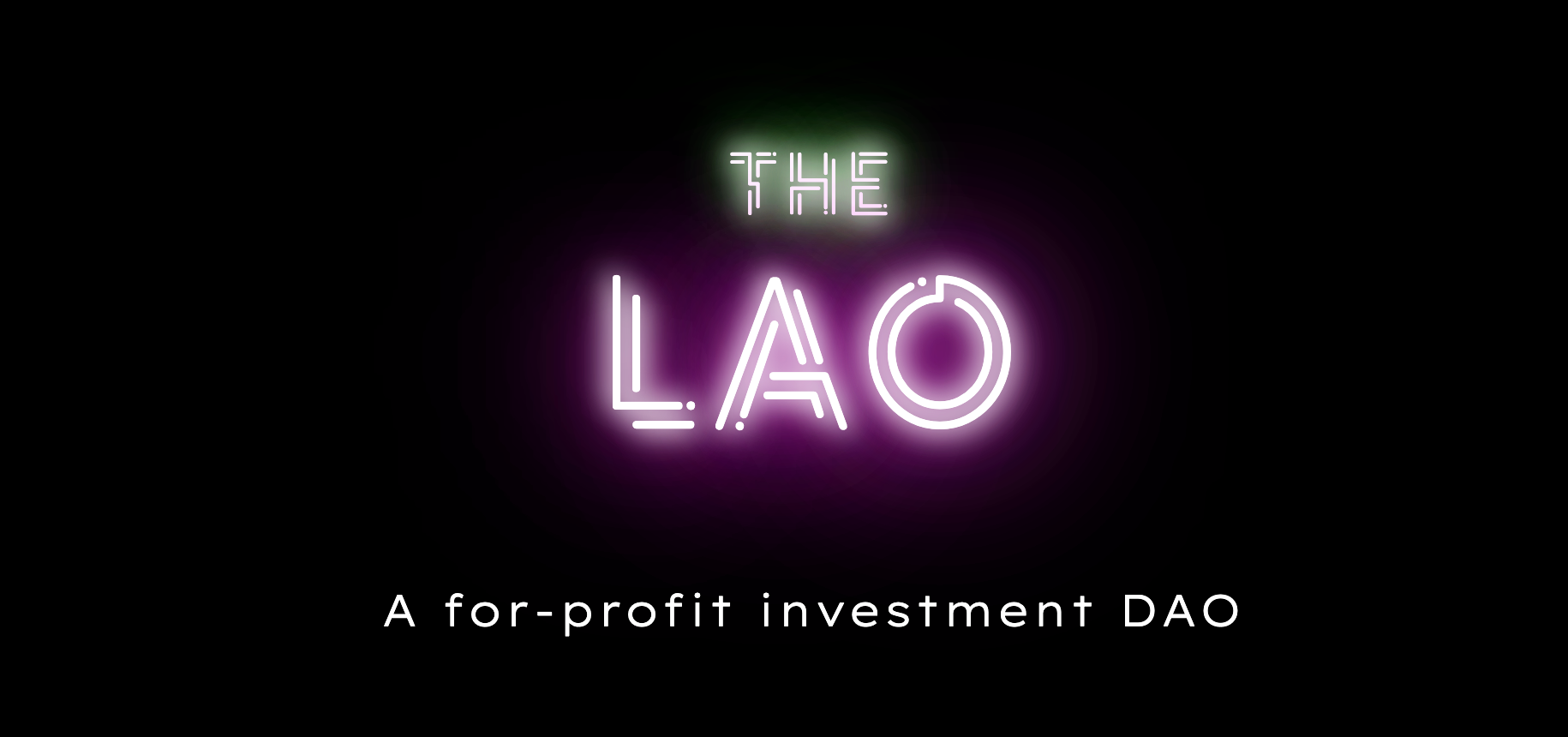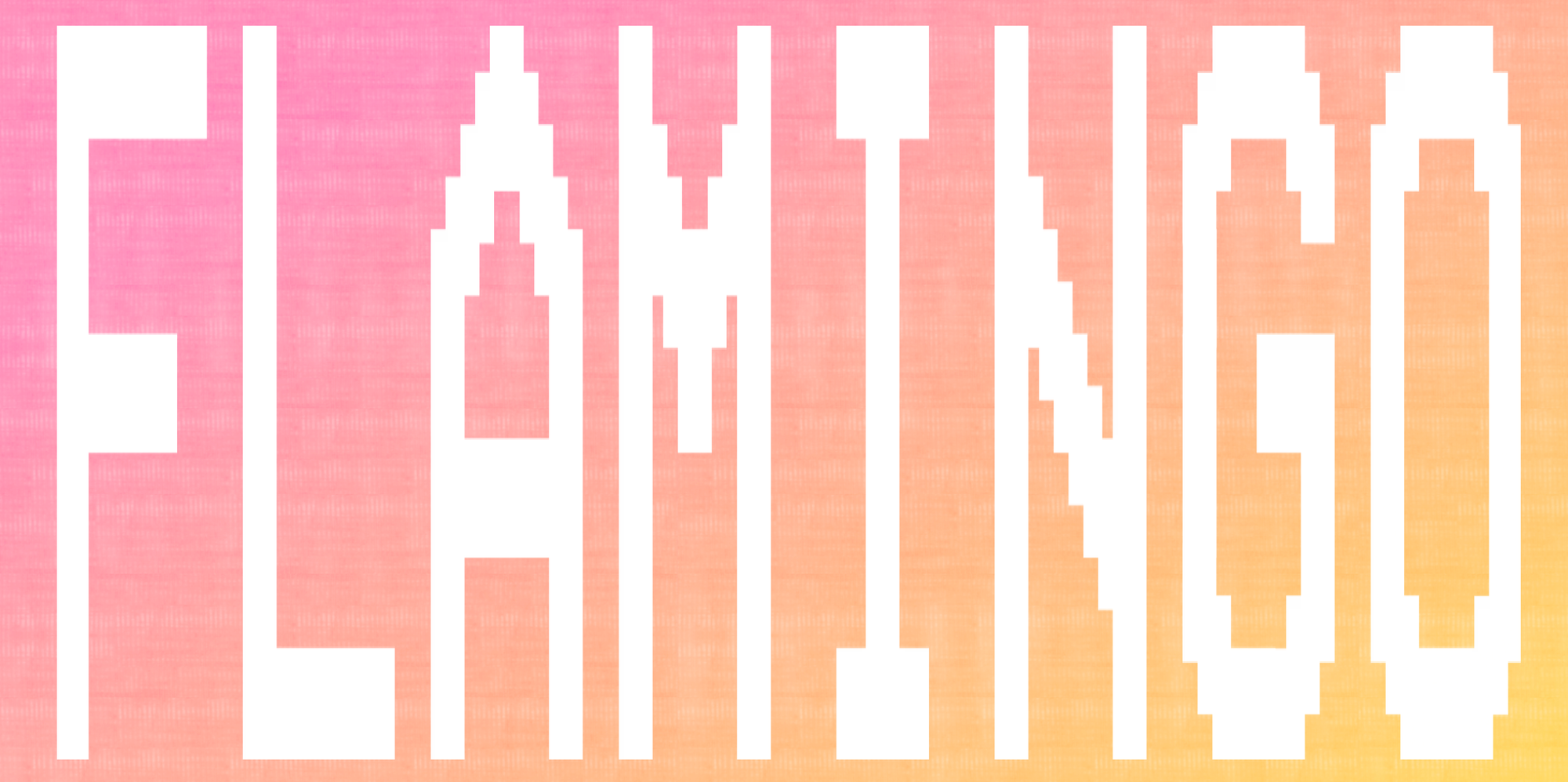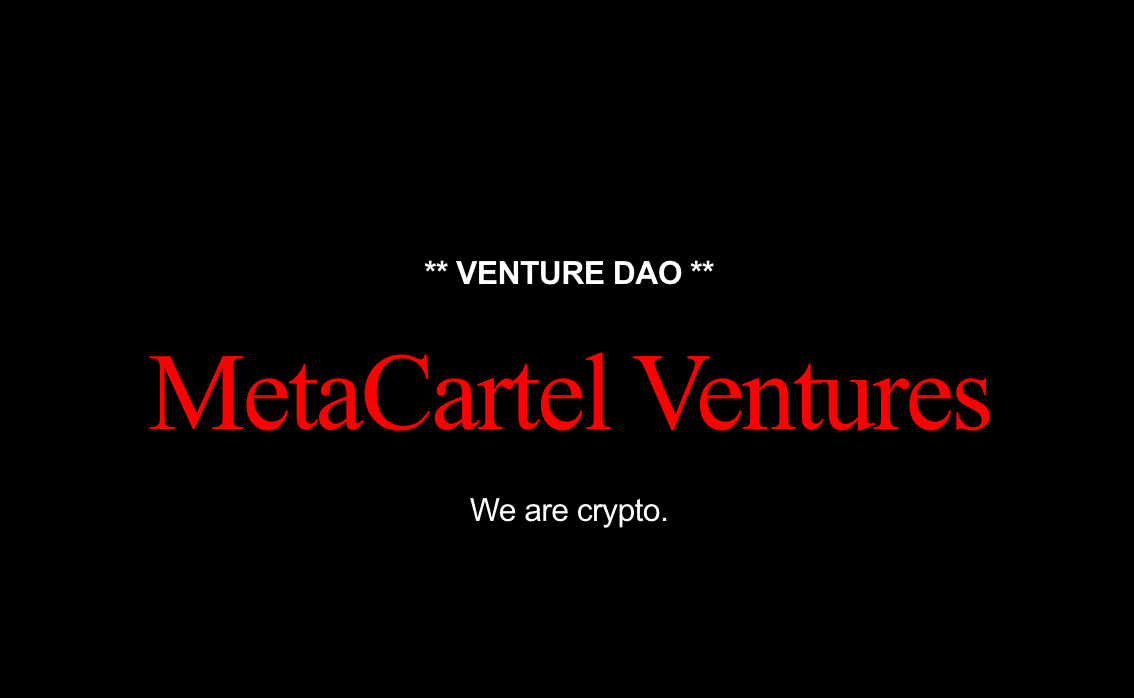Investment Decentralized Autonomous Organizations, or Investment DAOs, are reshaping the terrain where blockchain technology meets investment opportunities. These innovative entities harness the power of collective decision-making to democratize access to investment prospects that were once the preserve of the affluent or institutional investors. Through the decentralized nature of blockchain, Investment DAOs offer a transparent and inclusive platform for pooling resources and expertise. This article delves into the operational dynamics of Investment DAOs and showcases real-life examples, illustrating their role in the broader financial ecosystem and their potential to transform traditional investment methodologies. As we explore how these DAOs operate, we'll uncover the advantages they bring to their members and the investment landscape at large.
What Are Investment DAOs?
Investment DAOs, focused on investment, are collective groups that pool resources and expertise to invest collaboratively. Unlike general DAOs that may cover a wide range of activities from governance to community projects, Investment DAOs have a specific mandate to leverage their collective capital to invest in a diversified portfolio of assets. These can range from cryptocurrencies and blockchain startups to traditional investments like real estate or cutting-edge sectors like digital collectibles and NFTs.
These organizations operate on the principles of transparency and democratic decision-making, where every member has a say in investment decisions, proportionate to their stake or reputation within the DAO. This structure not only democratizes investment opportunities, often reserved for venture capitalists and institutional investors, but also allows a diverse group of individuals to share their knowledge and investment risks, potentially leading to more robust investment strategies.

How Investment DAOs Operate
Investment DAOs harness the power of blockchain technology to facilitate a transparent and efficient operational framework. At the core of their operation lies token-based governance, where tokens not only represent a stake in the DAO but also confer voting rights on various investment decisions. These tokens are typically tied to smart contracts, which automate the execution of decisions once consensus is reached, ensuring that the processes are tamper-proof and enforceable.
The operational mechanics begin when an individual joins an Investment DAO by acquiring tokens, either through initial offerings, purchases on secondary markets, or by earning them through contributions to the DAO. This acquisition not only represents a financial stake but also a voting power in the DAO's future investment decisions.
Once a member, individuals can participate in the decentralized decision-making process. Proposals for new investments are put forward by members and outlined in detail in the DAO’s platform. These proposals include potential benefits, risks, and the required investment amount. Members review and discuss these proposals within a transparent forum provided by the DAO, leveraging blockchain for both security and clarity.
Voting on proposals is conducted through the DAO’s platform, with each member’s vote weighted according to their token holdings. This ensures that those who have a larger financial stake, and potentially more at risk, have a proportional influence on the decision-making. After votes are counted and if a proposal receives the required threshold of approval, the smart contracts automatically allocate funds from the DAO’s treasury to the investment, executing the collective will of the members.
This structured yet flexible approach allows Investment DAOs to adapt to new opportunities and manage risks collectively, making them a formidable player in the investment landscape.

Challenges Faced by Investment DAOs
While Investment DAOs present a novel approach to collective funding and investment, they also encounter several significant challenges that can impact their effectiveness and scalability:
Regulatory Hurdles: One of the most pressing challenges for Investment DAOs is navigating the complex and often unclear regulatory landscape. Different jurisdictions have varied regulations regarding investments, cryptocurrency, and securities, which can complicate the operation of DAOs that span multiple countries. The lack of specific laws governing DAOs adds another layer of uncertainty, making it difficult for these organizations to ensure full legal compliance, particularly in regions with strict financial regulations.
Scalability Issues: As Investment DAOs grow, scaling their operations efficiently while maintaining the integrity of the voting process and the transparency of decisions becomes increasingly challenging. The larger the DAO, the more cumbersome and time-consuming the consensus process can become, potentially leading to delays in making crucial investment decisions.
High Degree of Trust and Participation: The success of an Investment DAO heavily relies on the active participation and mutual trust of its members. Ensuring that all members are engaged and making informed decisions is crucial but often difficult to achieve. Voter apathy can lead to a minority of members making decisions for the entire group, which might not always align with the collective interest.
Vulnerability to Exploits and Security Risks: Given that DAOs operate on digital platforms, they are susceptible to cyber-attacks and technical vulnerabilities in smart contracts. Any security breach could lead to significant financial losses and compromise member trust. Ensuring robust security measures and constantly updating them against emerging threats is critical.
Coordination Costs: Despite the automation possibilities, coordination among a large group of stakeholders can incur significant costs in terms of time and resources, particularly when dealing with complex investment decisions or when conflicts arise. Effective communication channels and clear protocols need to be established to mitigate these costs and ensure smooth operations.
Real-Life Examples of Investment DAOs
Investment DAOs are increasingly becoming a fixture in the investment landscape, offering a decentralized approach to managing and allocating capital. Here are several prominent examples that illustrate the diversity and potential of these organizations:
The LAO: An abbreviation for "The Legal Autonomous Organization," The LAO is structured as a venture capital fund but operates under the principles of a DAO. It focuses on funding early-stage blockchain projects and crypto startups. Members of The LAO can propose, vote on, and fund new projects in exchange for equity or tokens. This DAO is notable for its formal legal framework that integrates blockchain governance with traditional legal structures, aiming to bridge the gap between decentralized entities and regulatory requirements.

Flamingo DAO: This DAO is dedicated to investing in digital assets, particularly non-fungible tokens (NFTs). Flamingo DAO pools resources from its members to acquire, manage, and curate a range of NFTs across art, virtual real estate, and digital collectibles. Its success highlights the potential of DAOs to democratize access to high-value, cutting-edge investment opportunities that might otherwise be inaccessible to individual investors due to high costs or expertise requirements.

MetaCartel Ventures: A decentralized venture capital group, MetaCartel Ventures focuses on the decentralized finance (DeFi) ecosystem. It supports and funds innovative projects that aim to expand the DeFi space, including DApps and protocols that enhance interoperability, scalability, and user experience in decentralized networks. Members use a token-based system to vote on funding proposals, combining expertise from various sectors to drive collective decision-making.

Each of these Investment DAOs showcases a unique angle of how collective governance and pooled capital can be leveraged to support innovation within the blockchain and crypto spaces. Their varied focuses—from legal compliance and venture capital to niche markets like NFTs and DeFi—demonstrate the flexibility and scalability of the DAO model in addressing specific market needs and opportunities.
Their achievements not only contribute to the projects they fund but also advance the broader understanding and acceptance of DAOs as viable and effective investment vehicles in the digital age.
Summary
Investment DAOs represent a groundbreaking shift in how investments are managed and executed, harnessing the collective intelligence and financial power of their members to democratize access to investment opportunities. These decentralized autonomous organizations operate on principles of transparency, shared governance, and community-driven decision-making, facilitated by blockchain technology and smart contracts.
As we've explored, Investment DAOs like The LAO, Flamingo DAO, and MetaCartel Ventures exemplify the diverse potential of DAOs to impact various sectors, from venture capital and NFTs to decentralized finance. These entities not only provide a platform for pooled resources and risk but also promote a more inclusive financial ecosystem where any individual can participate in investment decisions traditionally reserved for a select few.
Looking forward, Investment DAOs are poised to play a pivotal role in the evolution of both decentralized finance and collective investment strategies. As they continue to grow and face challenges such as regulatory frameworks and scalability, the resilience and adaptability of DAOs will be crucial. The success and sustainability of Investment DAOs will likely influence financial models and investment practices worldwide, paving the way for a more open, transparent, and participatory economic landscape.
Join the Colony Community
Stay connected and dive deeper into the world of on-chain organizations with Colony. For the latest updates, insights, and discussions, follow us on our community channels:
- Website: Visit our website
- Twitter: Follow us on Twitter
- Discord: Join our Discord community
- Github: Find Colony on Github
Together, let's build the future of decentralized collaboration.